Growing our understanding and practice through pou
Healthy Families Hutt Valley is working on creating better partnerships with our hapori Māori. To build strong partnerships, it is important to continue developing our understanding of Māori culture and values. This deepened understanding allows for a more authentic, whanaungatanga-based relationship to foster between our Healthy Families Hutt Valley kaimahi and our hapori Māori. To take the team on this journey, our Māori Systems Innovator Kaihau Paitai introduced the ‘pou’ system.
Pou is a term for post(s), or support pillar(s). They are put in place at Healthy Families Hutt Valley to remind us all of some core Māori concepts, values, and practices. Māori worldviews relate to connectedness and health (of the environment and people), culture, spirituality, and knowledge. The pou system uses single worded te reo Māori names to describe these same components. The kupu Māori (Māori words) used for the pou, as with most kupu Māori, can have different connotations depending on context. The five pou are tikanga, reo, mātauranga, hauora, and whenua.
The tikanga pou is put in place to:
Help kaimahi develop their understanding of tikanga, and te ao Māori as a whole
Reinforce to kaimahi that different hapori Māori have different tikanga, and that these different tikanga need to be researched and known before engaging with Māori
Support the Healthy Families Hutt Valley’s experimental approach by learning from the past to inform contemporary practice.
The hauora pou is about:
Acknowledging the multiple components of hauora including physical, mental, spiritual, whānau, and environmental.
Ensuring a cultural lens is applied to the Healthy Families Hutt Valley prevention kaupapa
Implementing positive narratives into hauora spaces and places to achieve sustained reduction in preventable chronic disease.
The mātauranga pou is put in place to:
Acknowledge the relevance and viability of mātauranga Māori informed prevention approaches
Remind our kaimahi that knowledge is gained in all facets of life. Mātauranga is developed through a wide range of experiences, from the classroom to the workplace, to the garden. All experiences are necessary and valuable.
Support our kaimahi to deepen their own knowledge and understanding of te ao Māori.
The whenua pou:
Directly relates to Māori views on the environment and sustainability principles.
Draws from the Māori view that land and life are always connected and that it is a social obligation for humans to look after and care for the environment.
The reo pou:
First and foremost is about how we use and promote te reo Māori.
Reo is also about language and communication as a whole, and understanding the different contexts we operate in.
Whakamaua (Māori Health Action Plan 2020-2025) states that ‘pae ora encourages everyone in the health and disability system, as contributors to Māori wellbeing, to work collaboratively, to think beyond narrow definitions of health and provide high-quality and effective health services’. As systems thinkers, we need to be comfortable with disrupting and challenging the ways in which we all think about social change, and ensure that leaders adequately contribute to Māori wellbeing. By aligning ourselves to the pou, we create a unique systems approach to achieving pae ora aspirations.
Applying the pou in practice
The pou are in place to ensure that all of our mahi across the Healthy Families Hutt Valley team maintains a connection to whakaaro Māori (Māori thinking and philosophy). This is exemplified through the Wai Ora work of Eddie Edmonds, our Lead Systems Innovator. Eddie regularly shares his learnings with the team so we can collectively build our understanding of Wai Ora.
Eddie has been working in small bodies of water to revitalise the endangered longfin tuna species. Eddie reflected, “to protect our natural resources, we have to understand the whakapapa of the awa and all its surrounding eco-systems. Māori have an obligation to our atua and to our tīpuna as kaitiaki of the whenua. This is vital to the ongoing preservation of Māori culture and identity.”
This thinking can be further explained by connecting to the whenua pou, which directly relates to Māori views on the environment. From the Māori worldview – people are descendant of Ranginui and Papatuānuku, the earth and sky, and are therefore inately connected to the environment. This view is supported by Rev. Māori Marsden, who says that mankind is the son of Papatuānuku and “therefore, as every son has social obligations to fulfill towards his parents, siblings and other members of the whānau, so has man an obligation to Mother Earth and her whānau to promote their welfare and good.”
The whenua pou relates to this view that land and life are always connected, and that it is a social obligation for humans to look after and care for the environment. This sentiment is demonstrated in the Wai Ora work, for example revitilising tuna, looking after the awa, and sharing mātauranga. Similar whakaaro Māori links to all actions of the Māori system as we continue to align ourselves to the pou and implement the system across all focus areas of Healthy Families Hutt Valley.

